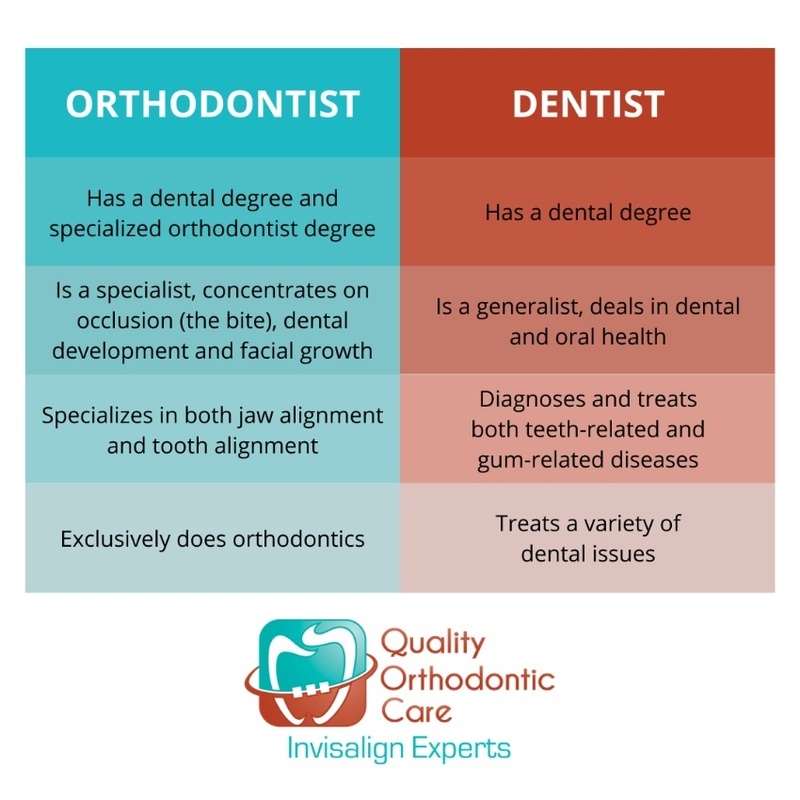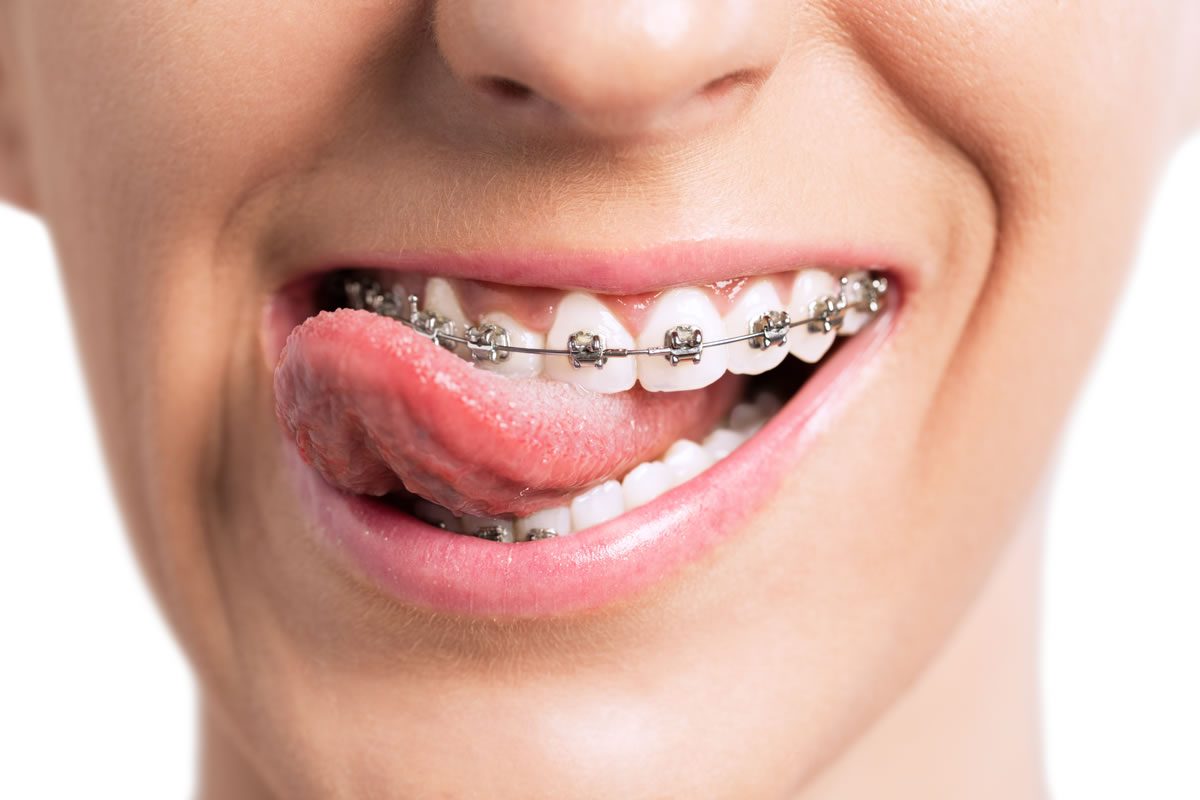Unknown Facts About Causey Orthodontics
Table of ContentsGetting My Causey Orthodontics To WorkOur Causey Orthodontics StatementsThe Best Guide To Causey OrthodonticsThe 8-Second Trick For Causey OrthodonticsEverything about Causey OrthodonticsCausey Orthodontics - TruthsCausey Orthodontics Fundamentals Explained
What is the difference between a dentist and an orthodontist? All dentists, consisting of orthodontists, deal with the teeth, gums, jaw and nerves.
Orthodontists and dental practitioners both offer oral treatment for individuals. Orthodontists can operate in a dental office and use the exact same therapies as other dental practitioners. You can assume of both medical professionals who treat periodontal and teeth troubles. The primary distinction is that coming to be an orthodontist requires a specific specialized in dealing with the misalignment of the teeth and jaw.
What Does Causey Orthodontics Mean?
An orthodontist is a dentist that has undertaken training to concentrate on the diagnosis, avoidance and treatment of abnormalities in the jaw and teeth. Their training includes fixing these existing conditions. They can also identify possible issues in teeth alignment that might establish when problems are left without treatment. Orthodontists can help people of every ages.
This includes all the essential education and learning to come to be a general dentist. According to the American Trainee Dental Association (ASDA), it suggests you will certainly need to have either a Medical professional of Medicine in Dentistry (DMD) or a Medical Professional of Dental Surgical Procedure (DDS). To put it simply, orthodontists need to complete oral school and after that get an orthodontics specialty education and learning.
Some orthodontists additionally obtain their masters in craniofacial biology. These programs concentrate on 2 specific locations or techniques: Dentofacial Orthopedics: This research concentrates on leading teeth and jaw growth.
Causey Orthodontics - Truths

 These include apparatus such as braces, retainers and Invisalign. So, what does an orthodontist do, and what do they concentrate on? The general objective of an orthodontist is to boost a client's bite. Not every person is born with straight teeth, and an orthodontist will guarantee that individuals obtain uniformly spaced straight teeth.
These include apparatus such as braces, retainers and Invisalign. So, what does an orthodontist do, and what do they concentrate on? The general objective of an orthodontist is to boost a client's bite. Not every person is born with straight teeth, and an orthodontist will guarantee that individuals obtain uniformly spaced straight teeth.
Little Known Questions About Causey Orthodontics.
The American Association of Orthodontists recommends your very first check up by age 7. You'll need to see your orthodontist if you have a misalignment in your teeth, likewise referred to as malocclusion. Likewise, if you observe uneven bite patterns, a somewhat askew jaw, or when your teeth are jammed, you will likely require orthodontic treatment.
In addition, we provide adjustable treatment schedules, flexible settlement alternatives and an enjoyable, delightful experience.
An orthodontist is a dentist trained to detect, stop, and treat teeth and jaw irregularities. They remedy existing problems and are trained to identify problems that might establish in the future. Orthodontists work with people of every ages, from kids to adults. Individuals usually connect a best smile with health.
Causey Orthodontics Things To Know Before You Get This
Malocclusion, or misaligned teeth, can bring about dental problems, consisting of dental caries, gum illness, and difficult or painful chewing. Not everyone is birthed with straight teeth. If you have a poor bite or huge rooms in between your teeth, you may want to get in touch with a dental expert concentrating on orthodontic treatment.
(Image Credit Report: DigitalVision/Getty Images) Orthodontists utilize fixed and removable dental devices, like braces, retainers, and bands, to alter the placement of teeth in your mouth. Orthodontic therapy is for oral problems, consisting of: Jagged teethBite problems, like an overbite or an underbiteCrowded teeth or teeth that are too far apartJaw misalignmentThe goal of orthodontic treatment is to improve your bite.
Unknown Facts About Causey Orthodontics

, yet not all dental experts are orthodontists. They concentrate on 2 areas: Exactly how to correctly and securely relocate teeth Exactly how to correctly guide growth in the teeth, jaw, and faceOnce an orthodontist has actually completed training, they have the choice to come to be board licensed.
Malocclusion leads to tooth overcrowding, a misshapen jaw, or uneven bite patterns. Malocclusion is generally treated with: Your orthodontist connects metal, ceramic, or plastic square bonds to your teeth.
Excitement About Causey Orthodontics
If you have just minor malocclusion, you might be able to utilize clear dental braces, called aligners, instead of typical braces. Some individuals require a headgear to help move teeth right into line with pressure from outside the mouth. After braces or aligners, you'll require to put on a retainer. A retainer is a personalized device that maintains your teeth in place.